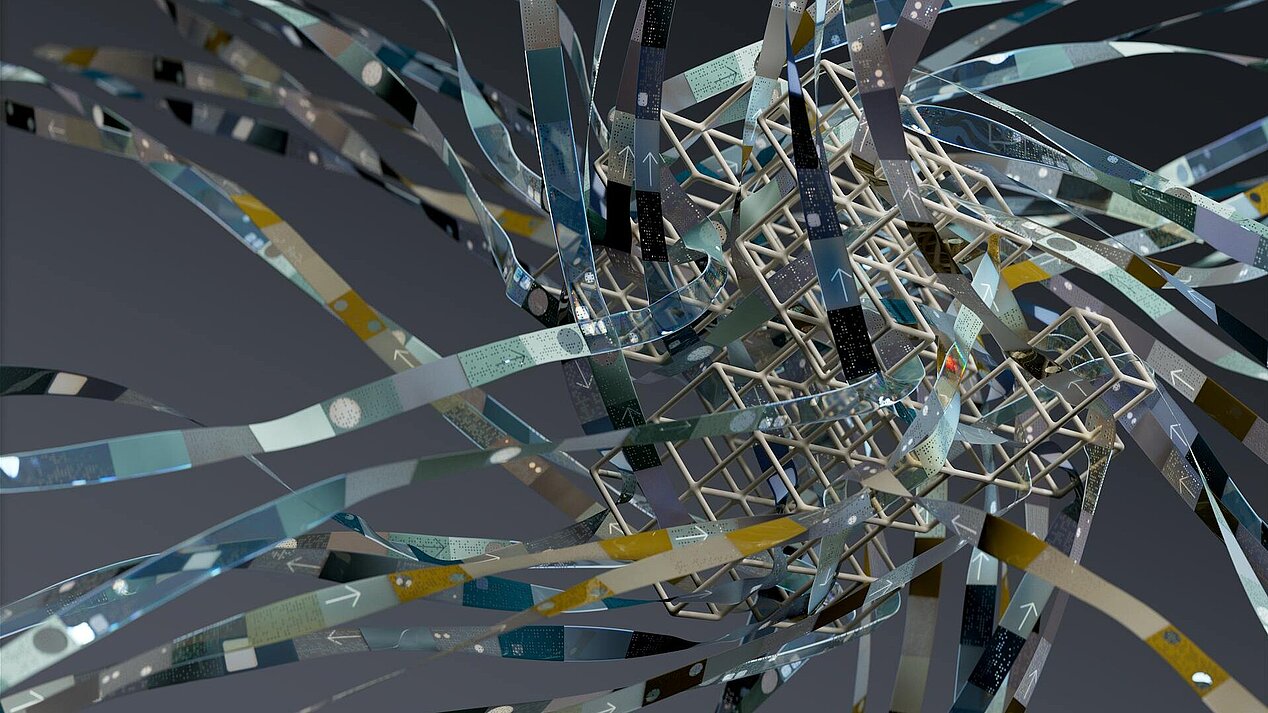
Please register by 8 July 2024 at the latest via the registration link.
The integration of AI technology has profoundly transformed multiple dimensions of social life on a global scale. Specifically, in the realm of international cultural relations (ICR), it is evident that the widespread adoption of Artificial Intelligence significantly alters the dynamics, introducing new complexities and opportunities. However, there is also a reciprocal impact: ICR can shape the evolution and underlying rationales of AI and generative AI. Thus, beyond merely monitoring the proper use of AI tools and moderating the impact of third-party tech actors, participants in ICR can play a pivotal role in guiding the development of AI technologies and their regulation.
What opportunities and risks do AI technologies pose for ICR? What narratives and tensions are at play among stakeholders in the intersection of AI and culture? How to establish intersectoral collaboration between the tech world and the cultural sector? What role can ICR actors play in making the development of AI systems more participatory among different stakeholders?
In light of the upcoming UN Summit of the Future in September this research gives an introduction into the topic of AI and its possible geopolitical, cultural and societal impacts. Thus the results may feed into the one of the outcomes of the Summit the Global Digital Compact on science, technology and innovation and digital cooperation to support an open, free and secure digital future.
This event will discuss the central findings of the ifa study “Artificial Intelligence in International Cultural Relations” with
This event will be recorded and potentially made available to the public in the future. By registering and participating in this event, you provide ifa consent to record your participation in the form of screenshots (photos) and/or video recording. Your registration data will not be forwarded to third parties.

Octavio Kulesz is a philosopher, digital publisher, director of Teseo, expert of ifa’s Research Programme “Culture and Foreign Policy“. Kulesz collaborates with international organizations including UNESCO, Organisation internationale de la Francophonie, IFACCA and the International Alliance of Independent Publishers. His research focuses on issues related to digital culture and artificial intelligence. Some of his articles, such as Culture, Platforms and Machines (UNESCO, 2018), presciently anticipated the contemporary challenges associated with the impact of generative AI on the cultural sectors by over five years.
Read less
Read more

Amy Sample Ward (they/them) is CEO of NTEN, a nonprofit organisation creating a world where missions and movements are more successful through the skillful and equitable use of technology. Amy Ward is a global public speaker, author of three books, and a regular contributor to sector-wide podcasts and publications. Their latest book, The Tech That Comes Next, co-authored with Afua Bruce, addresses the opportunities for change makers, technologists, philanthropists, and policymakers to build an equitable world with technology. Amy Ward was Richard von Weizsäcker Fellow at the Robert Bosch Academy in Berlin.
Read less
Read more

Martin Rauchbauer is a senior Austrian diplomat and a tech governance expert and served for two years as Austria’s first Tech Ambassador to Silicon Valley and more than five years as Head of Open Austria and Austrian Consul in San Francisco. His areas of responsibility included transatlantic tech diplomacy and digital human rights, as well as the development of digital humanism as a strategic focus of Austrian foreign policy. Martin Rauchbauer is co-founder of Open Austria’s Art + Tech Lab, and the European art + tech + policy initiative The Grid.
Read less
Read more

Luba Elliott is a curator, producer and researcher specialising in artificial intelligence in the creative industries. She works on educating and engaging the broader public about the latest developments in creative AI through talks, exhibitions and tech demonstrations at venues across the art, business and technology spectrum including The Photographers’ Gallery, Victoria and Albert Museum, ZKM Karlsruhe and Impakt Festival among others. Her recent projects include ART-AI Festival, the online gallery aiartonline.com and NeurIPS Machine Learning for Creativity and Design Workshop. She is an Honorary Senior Research Fellow at the UCL Centre for Artificial Intelligence.
Read less
Read more
In the research programme "Culture and Foreign Policy" and the programme line "Research" of the Martin Roth Initiative, experts investigate current issues of foreign cultural and educational policy. The research programmes set topics and develop recommendations to strengthen and further develop international cultural relations. The research assignments are accompanied by conferences and workshops. The research results are published in the ifa edition Culture and Foreign Policy, as ifa Input or as Policy Brief.
Find out more on the ifa website.
Scientific Coordinator of ifa’s Research Programme on Culture and Foreign Policy
Charlottenplatz 17
D-70173 Stuttgart